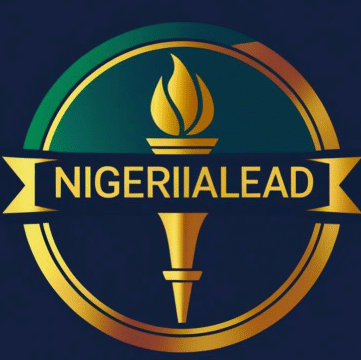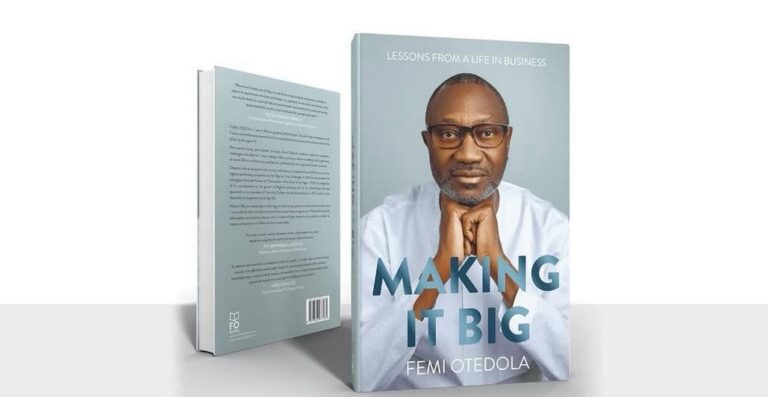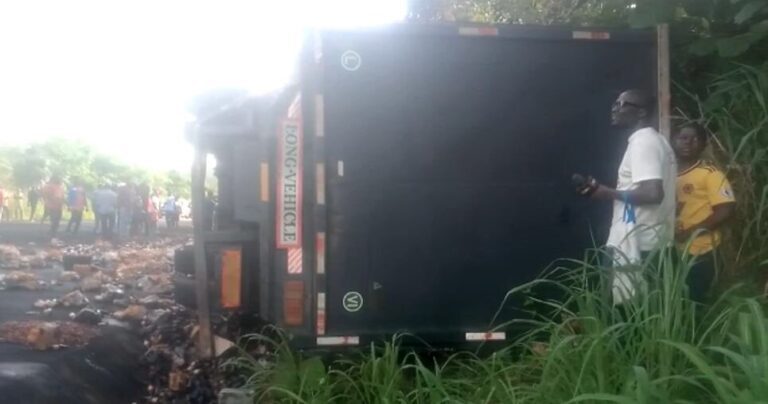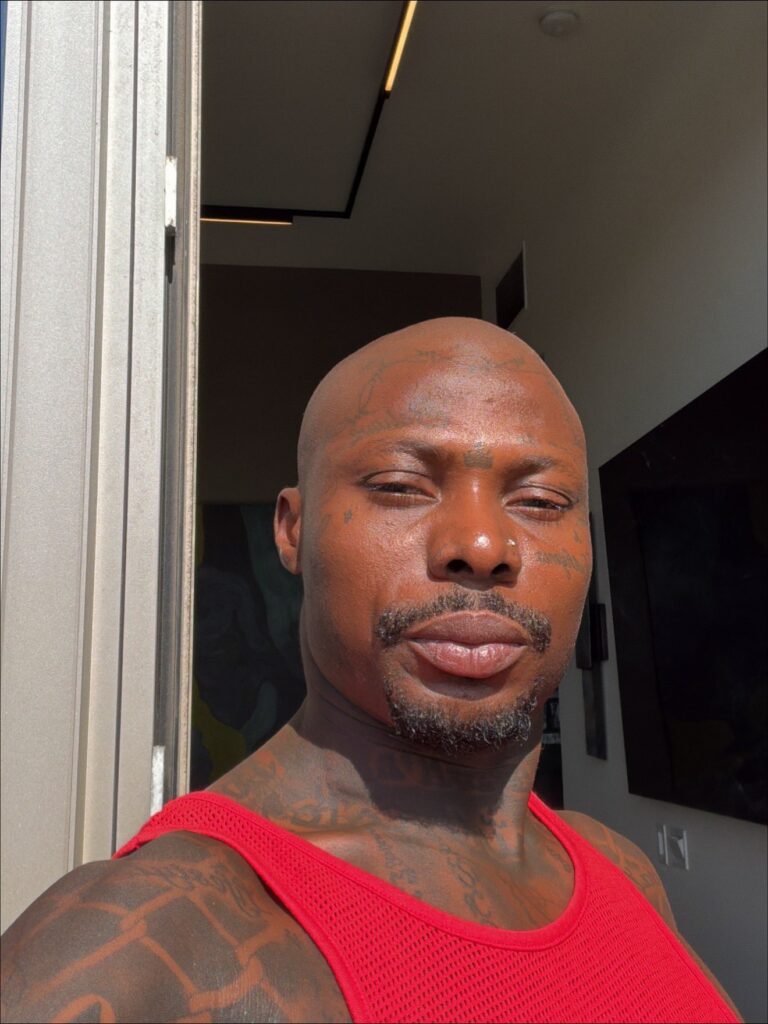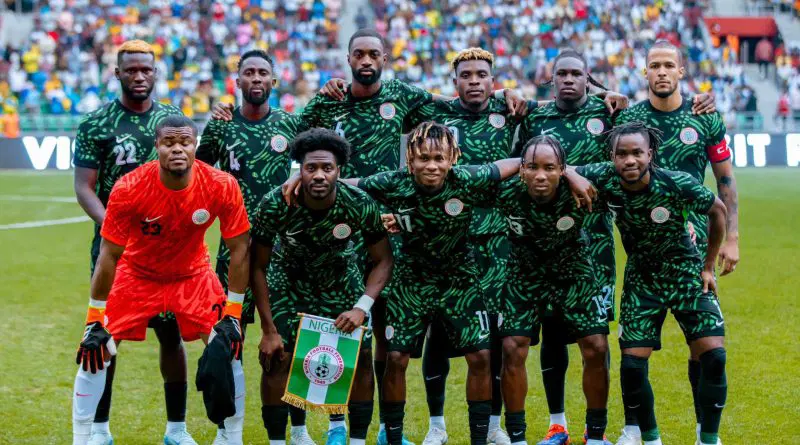
Heartbreak in Abidjan: Analyzing the Super Eagles' Crushing 2026 World Cup Exit to DR Congo and the Social Media Fallout
Heartbreak in Abidjan: Analyzing the Super Eagles’ Crushing 2026 World Cup Exit to DR Congo and the Social Media Fallout
The roar of the crowd in Abidjan died to a whisper as Victor Osimhen’s penalty sailed wide. Nigeria’s Super Eagles had dreamed of the 2026 World Cup for years, but in one gut-wrenching moment, it all slipped away against DR Congo. Fans clutched their heads in shock, tears mixing with the humid night air, while the Leopards celebrated their spot in the finals.
This loss came in a high-stakes qualifier playoff. The Super Eagles topped their group but needed this tie to punch their ticket. Penalties sealed their fate after 120 tense minutes, leaving a nation stunned. We’ll break down the match, the tactical slips, and the online storm from rivals like Ghana.
The Agony of Abidjan: Deconstructing the Super Eagles vs. DR Congo Clash
Match Chronology and Key Turning Points
Nigeria started strong, pressing high in the first half. Osimhen hit the post early, a chance that screamed promise. But DR Congo held firm, their backline like a brick wall.
By halftime, the score sat at 0-0. Nigeria’s midfield pushed forward, yet passes fizzled out. In the 65th minute, a defensive mix-up let Cedric Bakambu break free, but Stanley Nwabali saved the day with a diving stop.
Extra time brought chaos. Nigeria won a free kick in the 105th minute, but Alex Iwobi’s shot curled just over. DR Congo countered fast, forcing Nigeria into errors. The clock ticked down without goals, pushing both teams to the shootout.
Penalty Shootout Breakdown: Moments of Truth
Penalties turned heroes into heartbreakers. Nigeria’s first kicker, Osimhen, buried his shot low and hard. DR Congo’s Yoane Wissa matched it with cool precision.
Wilfred Ndidi slotted Nigeria’s second home. But then, DR Congo’s Meschack Elia fired past Nwabali. Tension built as Ademola Lookman missed Nigeria’s third, his effort saved by the keeper. Stats show Nigeria converts 75% of penalties in qualifiers, but pressure drops that to 60% in knockouts.
The fourth round crushed spirits. DR Congo’s Bakambu scored, while Nigeria’s next taker, a young substitute, blazed over the bar. The fifth sealed it: DR Congo netted, and Nigeria’s final kick never came. Hearts broke in unison.
Post-Match Reactions from Players and Coaching Staff
Jose Peseiro faced the press with heavy eyes. “We gave everything, but penalties are cruel,” he said, owning the tactical choices. Osimhen hugged teammates, whispering, “We’ll bounce back,” his voice cracking.
The Nigeria Football Federation (NFF) issued a statement late that night. They praised the fight but called for a review of prep work. Key players like Iwobi echoed the pain, admitting missed chances haunted them.
Fans outside the stadium chanted names, a mix of anger and pride. This raw emotion showed how deep the Super Eagles run in Nigerian blood.
Under the Microscope: Performance Analysis and Tactical Failures
Offensive Inefficiency: The Goal Drought Dilemma
Nigeria’s attack fizzled out. In the group stage, they scored 12 goals in six games, a solid rate. But against DR Congo, clear shots turned to nothing—Osimhen had three big chances but zero goals.
Why the drought? DR Congo packed their defense, forcing long balls. Stars like Lookman danced around markers yet rushed finishes. It’s like a chef with fresh ingredients who forgets the recipe.
This pattern hurts. Nigeria’s forwards boast Premier League skill, but qualifiers demand grit. They need sharper finishing drills to break such walls next time.
Defensive Fragility and Midfield Control Issues
Backline woes plagued Nigeria. Early on, a lapse let DR Congo’s winger cut inside, nearly scoring. Midfielders like Ndidi tackled hard but lost the ball too often in extra time.
DR Congo thrived on counters, winning 55% possession in key spells. Nigeria’s setup left gaps wide open. Think of it as a leaky boat in rough seas—plugs needed patching.
The midfield failed to shield, letting pressure build. Simple passes could have eased it, but fatigue won. These flaws turned a draw into danger.
The Role of Substitutions and In-Game Management
Peseiro brought on fresh legs around the 70th minute. Lookman replaced Iwobi, sparking a brief surge. But the changes came late to shift the tide fully.
In extra time, another sub aimed to tighten defense. It helped stem attacks, yet didn’t create winners. Timing matters—earlier tweaks might have grabbed a goal before penalties.
Coaches walk a tightrope here. Subs boosted energy but couldn’t fix core issues like poor crossing. Lessons for the bench: act quicker in deadlocks.
The Unbearable Weight of Expectation: Nigeria’s Qualification Stumble
Historical Context of World Cup Qualification Campaigns
Nigeria has flirted with glory before. They missed 2018 after a late Egypt loss, and 2022 slipped away on goal difference. Talent shines—think 1994’s stars—but results lag.
This DR Congo exit fits the mold. High hopes crash on details. It’s a cycle of near-misses that tests patience.
Yet, peaks like the 2013 AFCON win remind us of potential. Breaking the pattern starts now.
Immediate Implications for the Future of the Super Eagles
Fallout hits hard. Peseiro’s job hangs by a thread; whispers of a new coach grow. Squad tweaks loom for AFCON, with youth pushing in.
Players face scrutiny. Osimhen’s form dips questions, while others seek club moves for rhythm. The 2026 dream fades, but 2030 beckons.
This loss spotlights needs: better fitness, mental prep. Rebuild starts with honesty.
Fan Sentiment and Stakeholder Accountability
Nigerians vented fury online and in streets. Protests called out NFF spending—millions on camps, yet no World Cup. “Fix the basics,” one fan group demanded.
Supporters demand heads roll. Accountability means audits, clear plans. Without it, talent wastes.
The passion endures, but trust erodes. Time for the NFF to step up or face more backlash.
The Digital Arena: Ghana’s Taunts and the Socio-Football Rivalry on X
Tracking the Virality of Rival Commentary
Ghanaian fans lit up X right after the final whistle. Posts mocked Nigeria’s penalty woes, with memes of Osimhen’s miss going viral—thousands of likes in hours. One trend used eagle emojis crashing down, paired with Black Stars flags.
The taunts spread fast. Hashtags like #EaglesClipped trended in West Africa. Ghana’s page shared clips of their own past wins, rubbing salt deep.
This online firestorm amplified the pain. It turned a loss into a regional roast.
The Psychology of Trans-National Rivalry in Digital Spaces
Rivalries like Ghana-Nigeria thrive on history. Wins feel sweeter against neighbors; losses sting more from the jabs. X makes it instant—fans pile on from beds or bars.
Why so fierce? Shared borders, music beefs, and football pride mix. A miss becomes national shame fodder.
It’s like siblings fighting over the last piece of cake. Bonds tighten, but barbs cut.
How Nigerian Fans Responded and the Call for Unity
Nigerians fired back with fire emojis and counter-memes. Some highlighted Ghana’s own qualifier slips, flipping the script. But wiser voices urged calm: “Focus on us, not them.”
Calls for unity rang out. Posts rallied support for the team, sharing old glories. It showed resilience amid the noise.
This pushback builds strength. Ignore the trolls; fix the game.
Moving Forward: Rebuilding Confidence After Qualification Disappointment
Immediate Focus: Refocusing Energy for the Upcoming AFCON Tournament
Coaches must heal minds first. Group talks build trust after penalties’ scar. Train light, mix fun drills to spark joy.
AFCON looms soon—use it as reset. Target wins to regain groove. Mental coaches help players shake the ghosts.
Small steps matter. Victory breeds belief.
Long-Term Strategy: Developing the Next Generation of Talent
Youth academies need cash now. Scout teens like those in NPFL, groom them early. Cut reliance on vets; blend old and new.
Camps abroad build skills. Partnerships with clubs abroad speed growth. It’s planting seeds for 2030 harvests.
Sustain this, and Super Eagles soar again.
A Call to Action for Nigerian Football Administration (NFF)
NFF, stabilize the ship. Hire a proven coach, set clear goals. Budget smart—fund grassroots over flash.
Transparency wins fans back. Share plans, listen to voices. No more excuses.
Act bold, or rivals laugh longer.
Conclusion: Lessons Learned from the Road to 2026
The Super Eagles’ 2026 World Cup exit on penalties to DR Congo crushed dreams in Abidjan. Tactical slips, offensive blanks, and defensive holes all played parts, beyond just the shootout drama. Social media taunts from Ghana added fuel, but they distract from real fixes.
Nigeria’s football pulses with life, even in defeat. Address the gaps—train harder, plan smarter—and the passion will carry them forward. What if this loss sparks the fire for AFCON glory? The eagle’s wings aren’t clipped; they’re just warming up.
